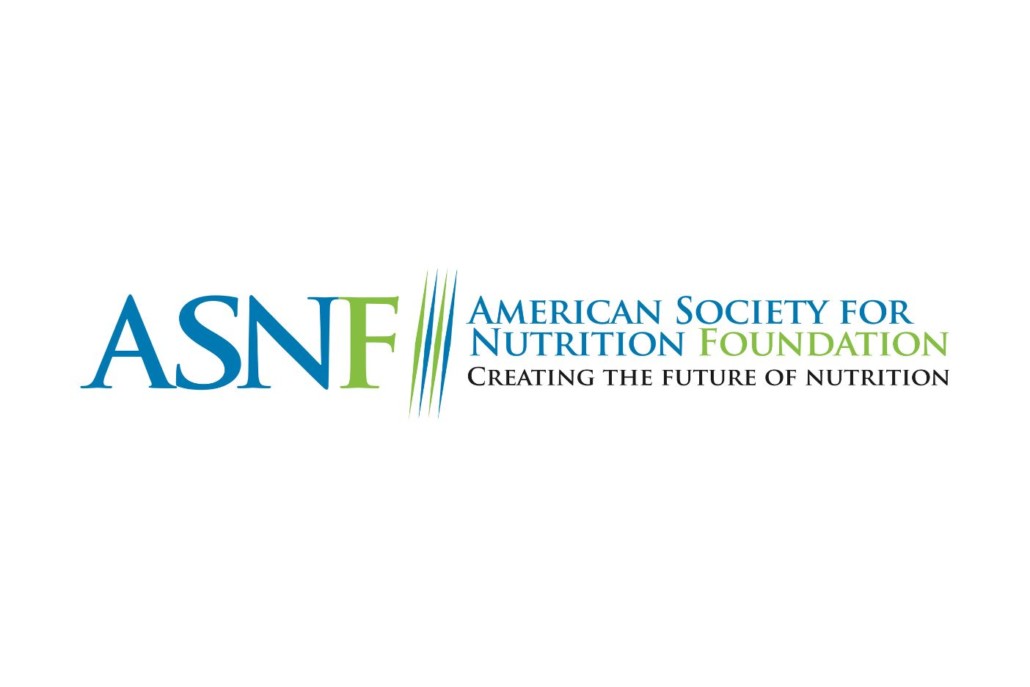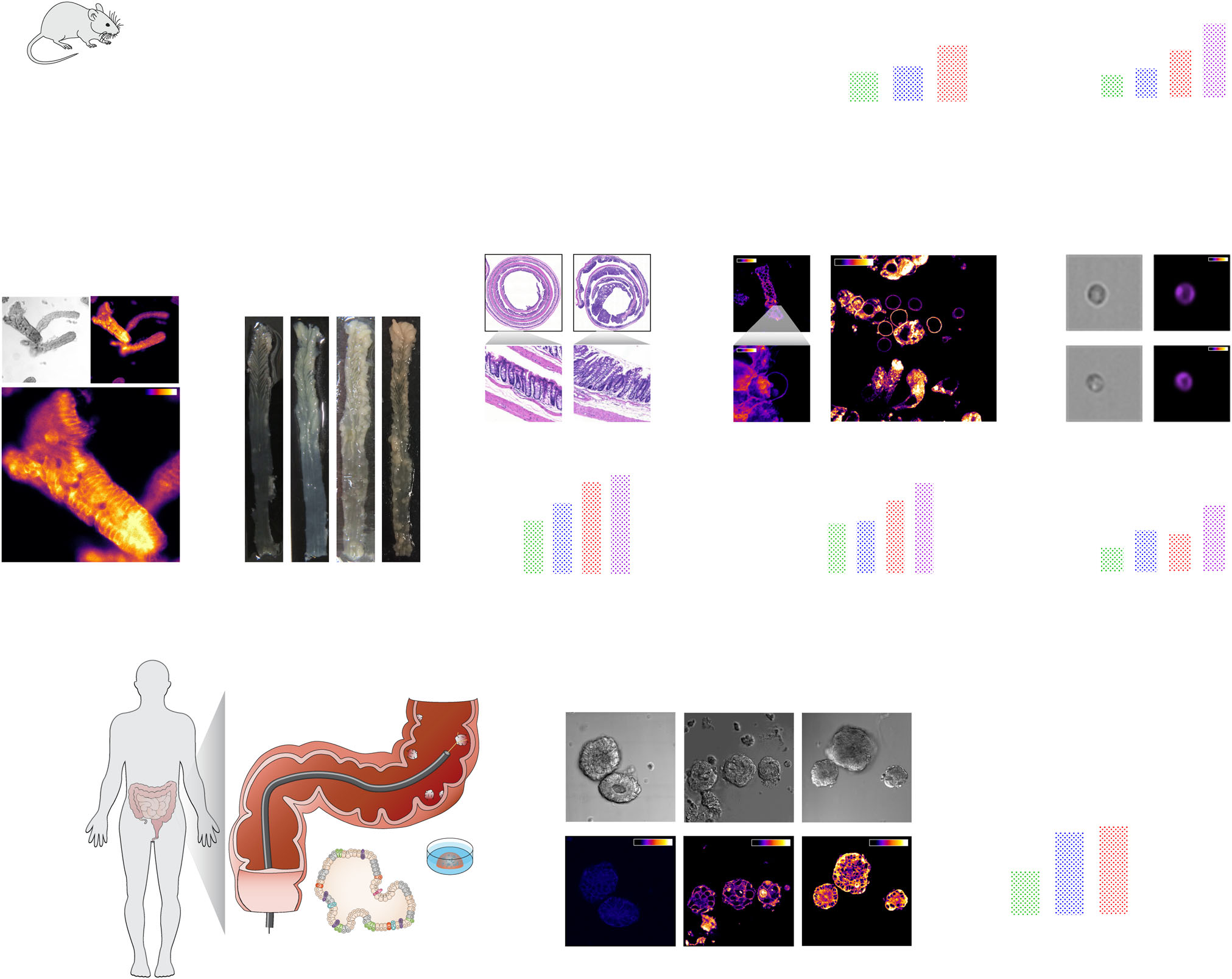Category: Lab News
-
American Society for Nutrition Foundation Announces Class of 2024 Fellows
April 1, 2024 by ASN Staff ASN’s Class of 2024 Fellows will be honored in Chicago at NUTRITION 2024, the largest nutrition meeting of the year. Rockville, MD (April 1, 2024) – The American Society for Nutrition (ASN) and ASN Foundation are thrilled to announce the 15 distinguished luminaries who will be inducted into the ASN…
-
Texas A&M AgriLife researcher receives $4 million grant to study feeding intolerance in preterm infants
Novel noninvasive method allows for precise diagnosis of feeding intolerance severity AgriLife Today Article For infants, especially those born prematurely, nutrient absorption and proper development go hand in hand. However, no precise measures or clinical tools exist to measure nutrient absorption or to reliably differentiate between benign and life-threatening symptoms in the preterm infant. When…
-
Texas A&M University Faculty Affairs
Congratulates Dr. Robert Chapkin for ASN Award
-
BREAKTHROUGH IN Wnt SIGNALING PUBLISHED!
Breakthrough publication! Our recent paper in Nature Communications explains the novel structure-function mechanism by which cholesterol promotes colon cancer. From a functional perspective, Wnt factors organize to form specialized plasma membrane (PM) domains. Dysregulation of Wnt domain structure can promote oncogenic Wnt signaling. Here, we describe an intricate Wnt signaling-associated mechanism involving oncogenic truncated APC…
-
Have a 2nd Cup of Coffee
Have a second cup: Coffee provides health benefits Review paper outlines Texas A&M research on protective effects of coffee APRIL 27, 2023 Having that second cup may actually be good for coffee drinkers, according to a discussion of coffee’s preventive and therapeutic benefits to human health in a recent review paper by Texas A&M University researchers. The…





